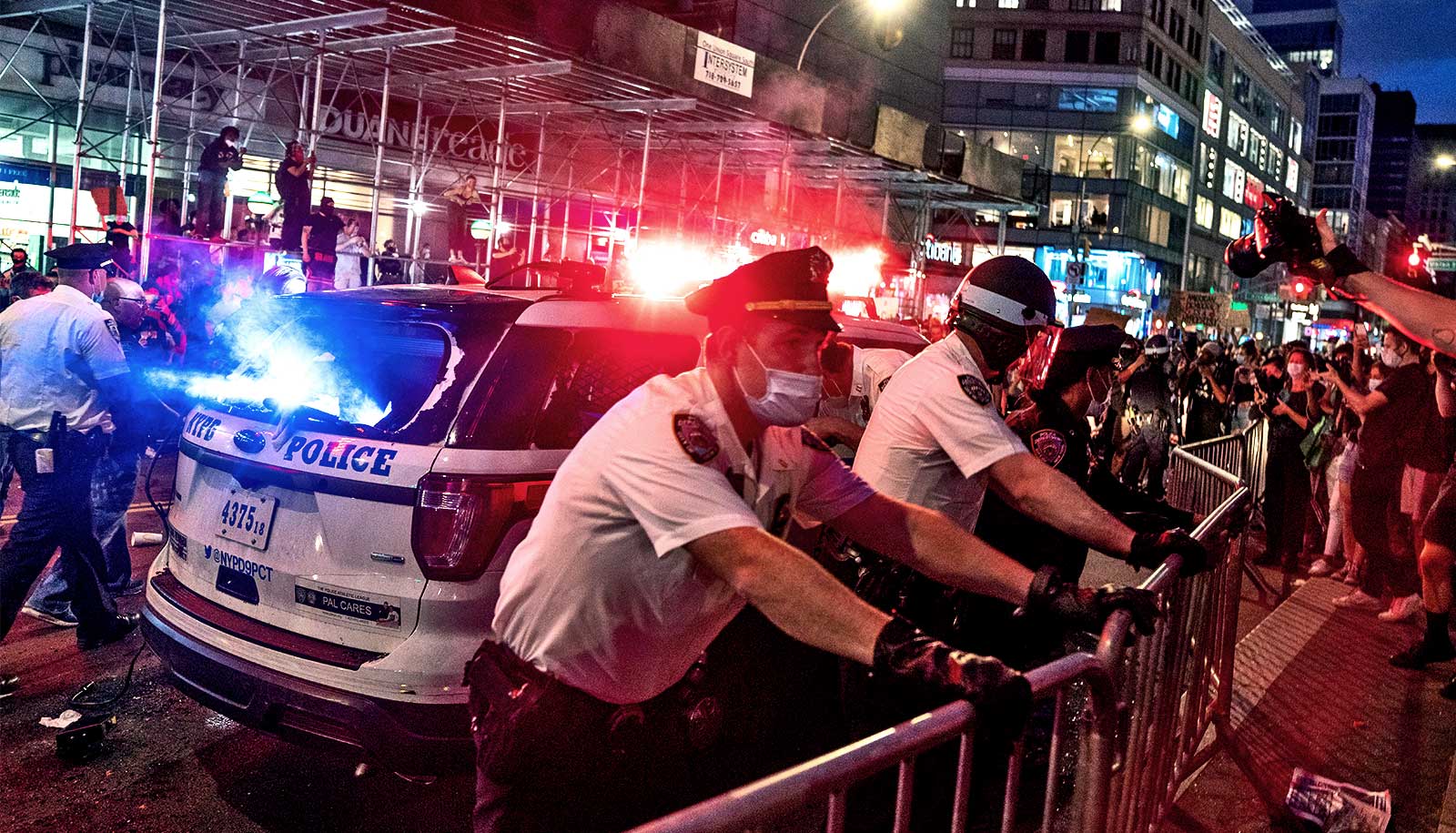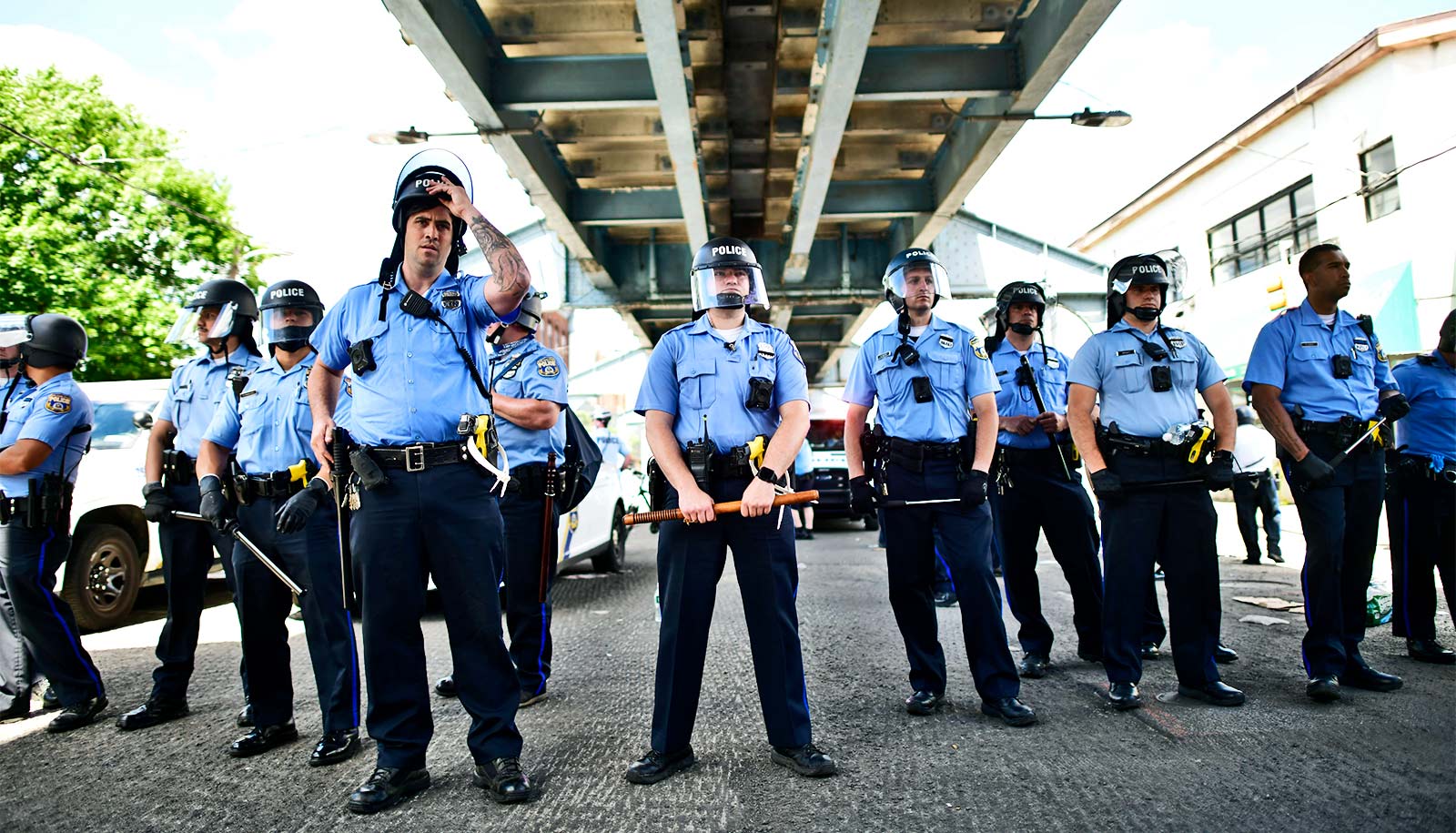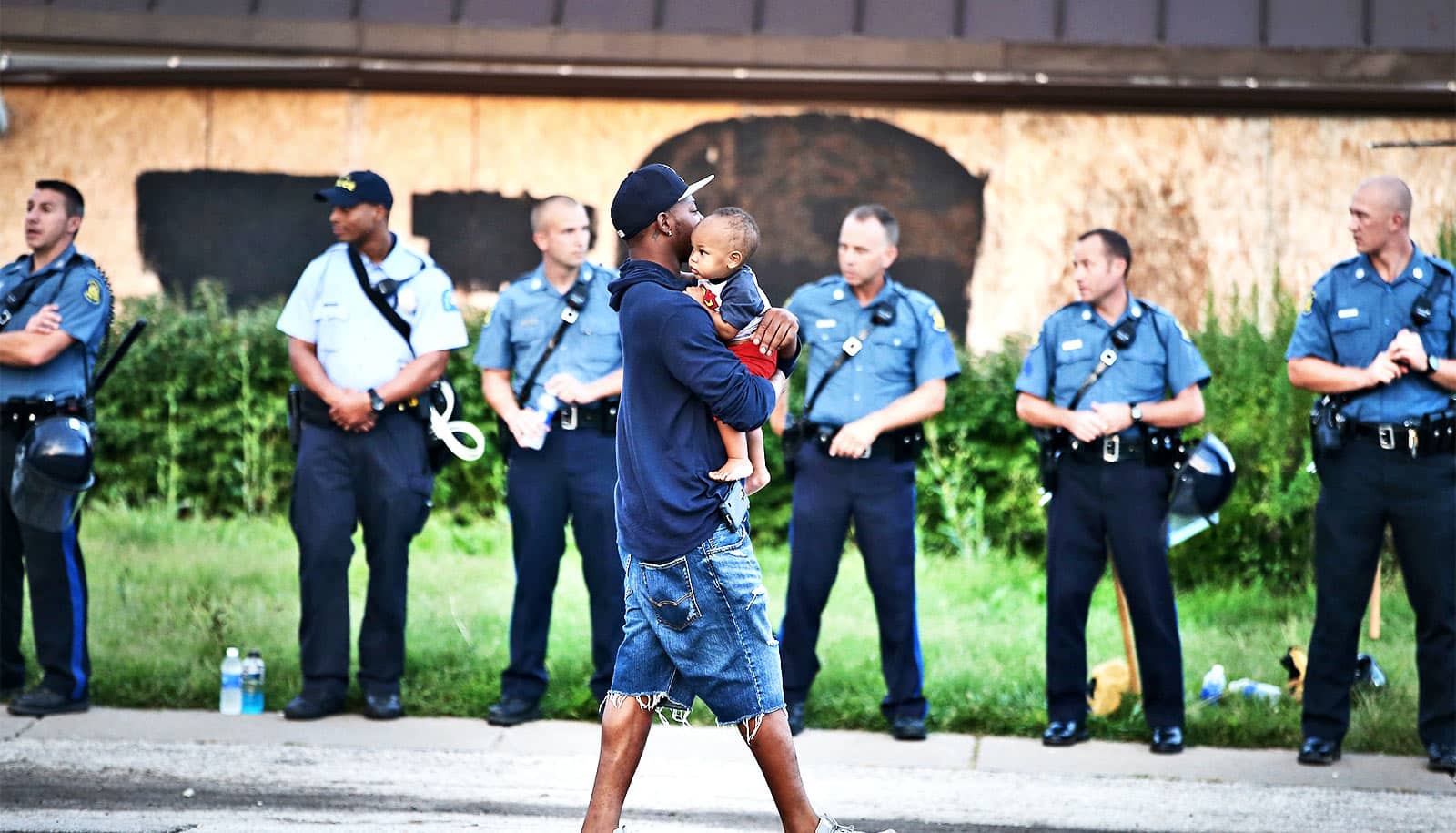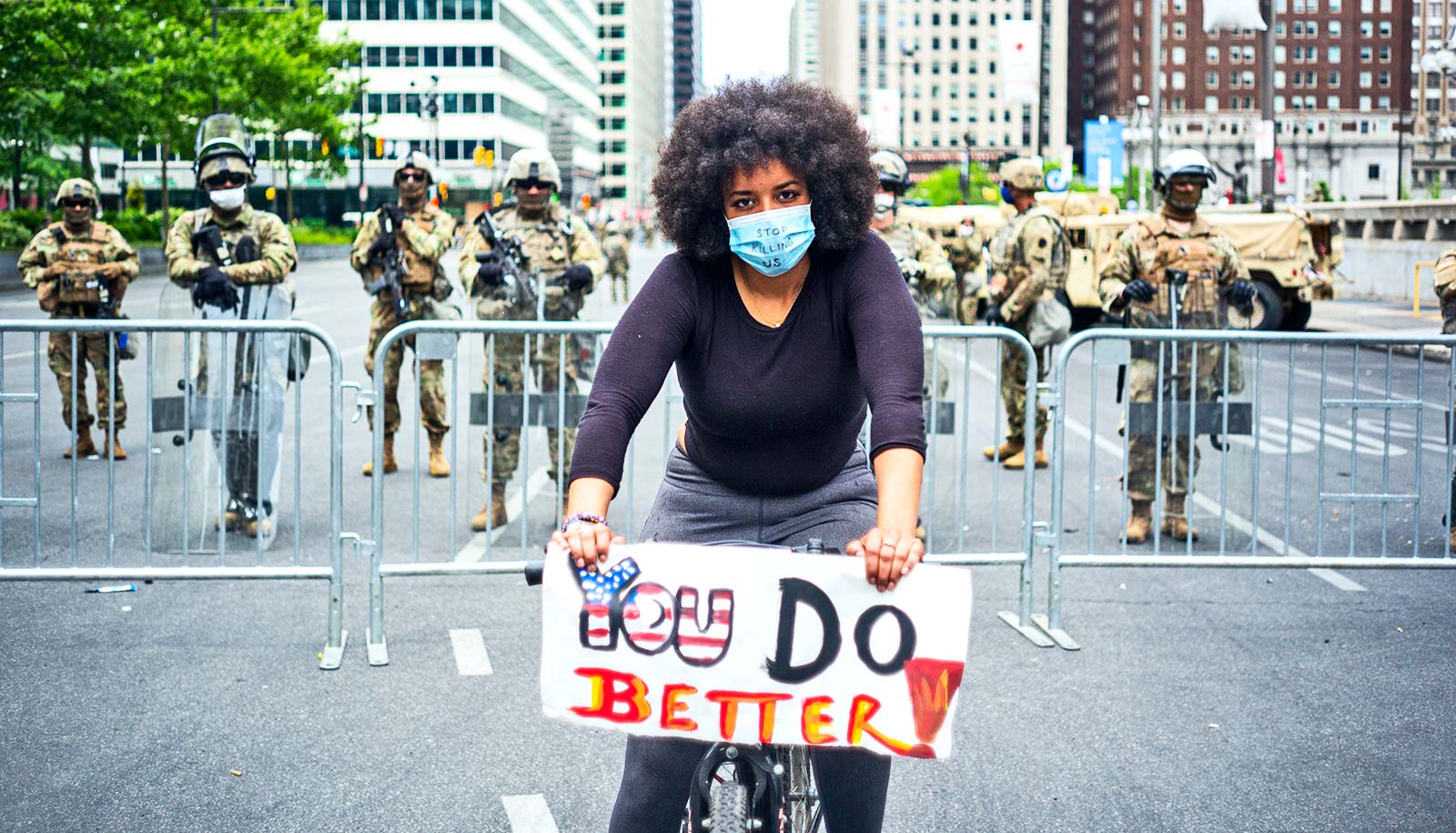As the nation struggles with police violence, a new report recommends reforms to build an equitable, transparent, and accountable public safety approach.
The report proposes five changes to federal policy:
- permitting private lawsuits against police officers;
- creating a national database on police misconduct and mandated reporting;
- establishing a federally mandated continuum that specifies the types and amounts of force appropriate for given situations;
- instituting model policies and best practices on policies; and
- making federal funding to states and municipalities conditional on adoption of those policies and practices.
“Progress is no longer sufficient—we need real change, and we need it now.”
The report offers proposals for federal policy as well as new guidelines for statewide and local policy changes.
Specifically for Missouri, the report recommends banning the use of chokeholds and strangleholds; establishing a public database on police misconduct; mandating external, independent investigation and prosecution in cases involving excessive use of force by police; and requiring that police departments bear the costs of misconduct with no additional funding for the costs of legal judgments against officers.
The report identifies 10 reforms for the St. Louis region, including a policy requiring officers to intervene if they witness excessive use of force, a mandate to use body cameras, a public “Equity in Policing” analysis, a new prosecutorial standard for police misconduct, and a new standard of liability for civil rights violations.
“It is time for policymakers to join together in actualizing legislation focused on police accountability and an end to police violence—the avoidable killing of Black Americans, particularly Black boys and young men, is not a partisan issue,” says coauthor Robert O. Motley Jr., manager of the Race and Opportunity Lab and a doctoral student at the Brown School at Washington University in St. Louis.
As a member of President Barack Obama’s My Brother’s Keeper Alliance, HomeGrown StL, part of the Race and Opportunity Lab, works on behalf of Black boys and young men ages 12 to 29 in St. Louis. The aim of its Healing Policy Initiative is to provide data and resources to inform local policy decisions, advocacy efforts, and the development of collective impact strategies to improve outcomes for Black boys and young men.
“HomeGrown StL calls upon all local, state, and federal legislators to stand up for the country’s rule of law, and Black boys and young men, by implementing policies that bring accountability, transparency, and ‘equitable justice’ to the justice system,” Motley says.
“Progress is no longer sufficient—we need real change, and we need it now,” coauthor Sean Joe, professor of social development at the Brown School, says in the report.



